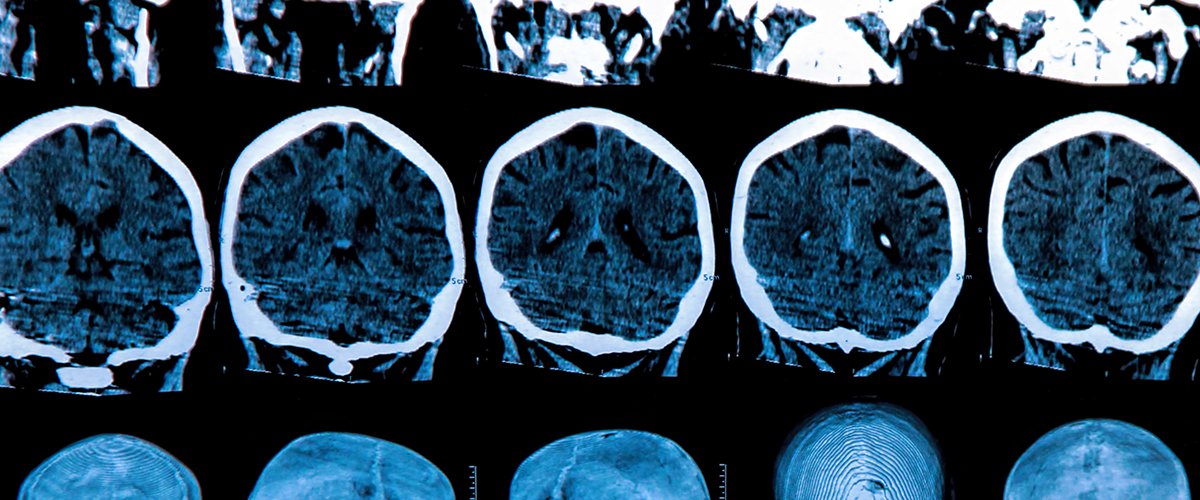[vc_row][vc_column][vc_column_text]
The activation of the endocannabinoid system’s CB2 receptors elicits significant neuroprotection that could help inhibit Parkinson’s disease.
Findings in a recent animal trial suggest that cannabinoids could be beneficial for treating Parkinson’s disease. The study, published in Frontiers in Neuroscience, found that the activation of the endocannabinoid system’s cannabinoid type two receptors (CB2) stimulates anti-inflammatory and antioxidant effects that protect against neurodegeneration.
Parkinson’s disease is a chronic, progressive disorder of the nervous system. The disease is associated with a loss of neurons that produce dopamine, a chemical responsible for sending messages to the brain related to movement. The current therapies for Parkinson’s disease focus on managing the disorder’s symptoms and remain inadequate at inhibiting the progression of the disease.
In the study, researchers from United Arab Emirates University used six to seven month old rats that had been induced with Parkinson’s disease. One group of rats had 50 mg/kg of β-caryophyllene (BCP), an established CB2 receptor agonist, administered to them daily for 4 weeks. All the brains of the rats were then examined after the four-week period.
The investigators discovered that β-caryophyllene effectively upregulated the expression of CB2 receptors compared to the control group. This activation of the receptor significantly reduced the loss of dopamine-producing neurons. It also significantly reduced malondialdehyde, a recognized oxidative stress biomarker, and protected from a drop in the antioxidant glutathione compared to control group animals.
The activation of CB2 receptors also augmented the activity of a pair of antioxidant enzymes – superoxide dismutase and catalase. It also inhibited increased nitrate levels in the midbrain and alleviated the Parkinson’s disease-induced glial cell activation in the striatum.
The upregulation of CB2 receptors was also found to be associated with an improvement in the level of proinflammatory cytokines in the midbrain and inflammatory mediators NF-κB, COX-2, and iNOS.
“Taken together, the abrogation of the protective effects… demonstrates the CB2 receptor-dependent mechanism of BCP and the findings can be extrapolated to the neuroprotective properties of CB2 agonism in PD,” the researchers conclude.
The findings suggest that cannabinoids derived from cannabis, which interact with cannabinoid receptors, could be beneficial for Parkinson’s disease. Previous studies have found evidence that cannabinoids offer neuroprotective effects that are beneficial for Parkinson’s.
“In recent years, the cannabinoid receptors, specifically activating CB2 receptors, appear to represent a novel therapeutic target for neurodegenerative diseases, including [Parkinson’s disease], because of their role in counteracting oxidative stress and inflammation,” the study reads. “The CB2 receptors have recently emerged as a potential anti-inflammatory target, to break the self-sustaining cycle of neuroinflammation and preserve neuronal homeostasis, and survival in neurodegenerative disorders.”
You can read the entire study, “Cannabinoid Type 2 (CB2) Receptors Activation Protects against Oxidative Stress and Neuroinflammation Associated Dopaminergic Neurodegeneration in Rotenone Model of Parkinson’s Disease,” through the National Center for Biotechnology Information and the U.S. National Library of Medicine.
Read more about the research investigating the effects of cannabinoids on Parkinson’s disease by visiting our education page. Keep up with the latest cannabis-related research articles through our news feed.[/vc_column_text][/vc_column][/vc_row]






